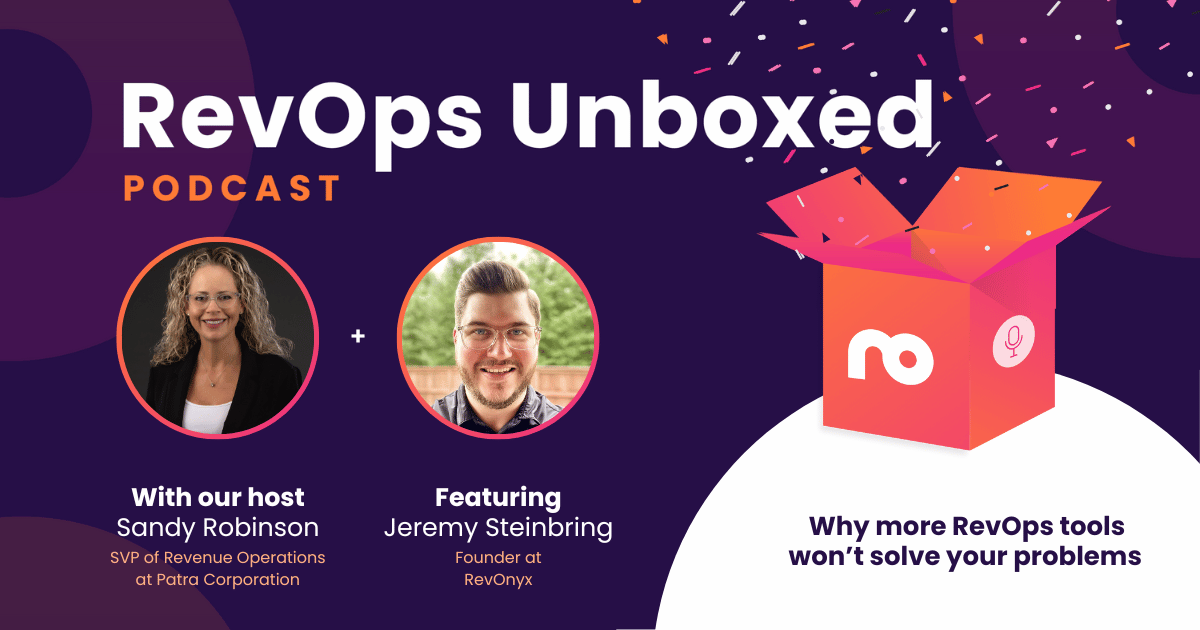Software is a critical component of modern business operations. Whether managing customer relationships or streamlining internal processes, businesses rely on various software solutions to drive efficiency and support their growth.
However, as companies evolve, they often face an important decision - do they continue using readily available commercial software or invest in developing a custom solution for their business?
There is no right or wrong answer to this question, and the right choice depends on a number of factors unique to each business. To make a good decision that aligns with your long-term business goals, it's important to weigh the pros and cons of each option carefully.
While off-the-shelf software solutions provide quick deployment and cost-effectiveness, custom software provides more long-term flexibility and scalability. Below are some of the key considerations for each to help you determine the best approach for your business.
The value of pre-made software products
While it might seem like any new challenges your business faces are unique, more than likely, other businesses have experienced similar situations, and solutions have already been developed to address them.
Across all different industry sectors and micro-niches, there's likely a software solution designed for any type of business that promises to streamline workflows and supporting processes or to scale certain mission-critical operations.
Commonly known as "SaaS (Software-as-a-Service solutions," these on-demand software products cater to a wide spectrum of businesses, though some may be better suited to larger organizations with more complex operational structures.
The primary advantage of pre-made software products is their immediate usability. Once an account is created or a subscription is activated, businesses can immediately start to leverage the software's benefits.
These benefits may include simplifying customer relationship management, increasing data storage capabilities, providing access to analytics and business intelligence tools, or reinforcing cybersecurity measures.

The problem with traditional software
While traditional pre-made software offers businesses more convenience and affordability, they’re not without certain drawbacks. Below are some potential downsides to consider when using traditional software:
- Less customizable features - Pre-made software solutions often come with limitations in customization, regardless of the pricing tier you choose. The underlying infrastructure of these platforms restricts the extent to which a business can change the intended use of the software to fit its own needs.
- Subject to vendor’s SDLC - With public software, the vendor dictates the timing of updates and new features based on their SDLC (software development lifecycle). This lack of control can become a serious drawback for businesses, especially those with specific needs or that need critical updates for certain software features to work properly.
- Lock-in periods - Occasionally, a business may find that the software solution they’re using doesn’t quite fit their expectations. However, a common practice among software providers is to implement "lock-in periods." These early cancellation restrictions can often require payment of early termination fees or other inconvenient terms. Consequently, businesses may end up settling on an inferior product simply to avoid overspending.

How custom software differs from traditional products
When it comes to software, pre-made solutions are often designed to try to please as many people as possible and are convenient to use. However, while this added convenience is important, it often means you’re buying a solution that doesn’t quite fit.
Custom software, on the other hand, is like having a custom suit tailored specifically to your measurements. It's designed to be a perfect match for your business, meeting all of your requirements.
The main advantage of custom software is that it is designed to help businesses get the most bang for their buck.
Instead of paying for a large software package with features you may never use, you get a solution that's exclusively designed for your business. This ensures that you only pay for what you need and that your resources are used efficiently.
While the upfront cost of custom software may be higher than traditional software options, the long-term benefits can outweigh the initial investment. By streamlining your operations and increasing efficiency, custom software can lead to significant cost savings and improved productivity.

How to decide between buying and building new software
When it comes to software solutions for your business, there's no one-size-fits-all answer. The choice between buying pre-made software or building a custom solution depends heavily on your specific needs and budget.
To help you navigate this decision, consider these four key questions:
What’s the software’s purpose?
Each software solution you come across is typically designed with a specific business goal in mind. Ensuring this objective aligns with your own company's goals is crucial.
While organized financial management and communication improvements are needs shared by many businesses, not every software solution is best for all organization types. Some solutions might lack certain features crucial for the industry sector you’re in and could potentially limit your success.
If the software you're researching looks like it will provide you with the competitive edge and functionalities you need while staying within your budget, it's more than likely a good choice to work with.
However, if critical elements are missing, consider a solution that’s customized for you specifically.
Is your business ready for a development project?
Deciding to start a custom software development project can be a significant undertaking, especially for smaller businesses or those with limited resources.
Even if you plan to outsource most of the development process, these projects still often require substantial internal communication, project timeline coordination, and resource allocation.
It's important to take a candid look at your company's current structure and determine if initiating a custom software project is realistic at this stage. It might be more advantageous to leverage an existing software solution until your teams have scaled and have the necessary capacity to support larger-scale projects.

How will a solution meet your needs?
Finding a pre-made software package that perfectly aligns with your business needs can be challenging. When you remodel your home, you may face building restrictions on the changes you can make.
Because of this, it’s essential to differentiate between your "must-haves" and "nice-to-haves." Compromising on features that you’d like your software to have is different from lacking essential elements vital for efficient business operation.
When doing your comparative research, if you’re hitting a wall and finding that most pre-made solutions just don’t meet all of your needs, it’s probably time to consider a custom software solution and get some quotes from potential developers.
What can your resources support?
When choosing between pre-made and custom software, budget is always a primary concern. Ready-made solutions typically provide much more clarity when it comes to long-term costs and can be a much more predictable investment.
Custom software projects, however, can often come across unexpected costs, both during development and in the long term.
Maintenance, performance upgrades, security improvements, and other adjustments can all contribute to stretched budgets. Similar to remodeling a house - the more extensive the project, the higher the likelihood of unexpected surprises.
However, custom software offers complete control over the development process. You decide how much to invest in specific features. While a pre-made solution might seem cheaper and quicker to implement, the long-term benefits and cost-effectiveness of custom software could provide a better return on investment for your business.
Making the smart choice for your business
Companies looking for software to improve their growth capabilities no doubt have a lot of options to choose from.
But before deciding what’s best for your business, consider the factors discussed and see if a custom software project might better align with your long-term goals.








